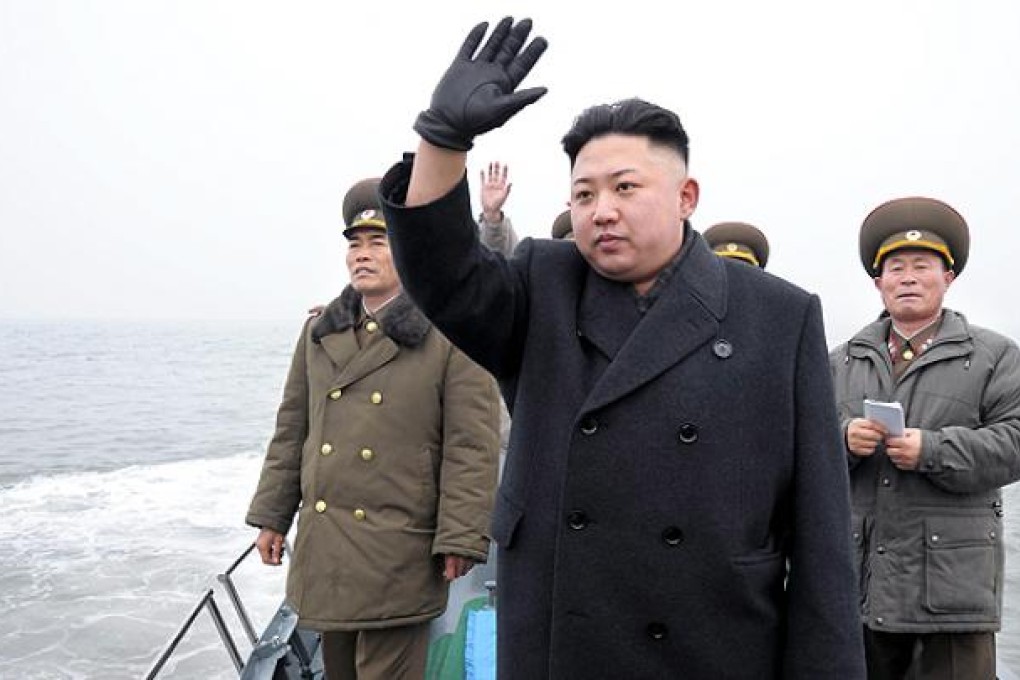China urges ‘restraint’ after North Korea scraps peace pact
North Korea ends all non-aggression pacts with Seoul after UN Security Council adopts tough new sanctions

China called for “calm and restraint” on Friday after North Korea responded to new UN sanctions with fresh threats of nuclear war and promises to scrap peace agreements.
“China calls on relevant parties to exercise calm and restraint, and avoid actions that might further escalate tensions,” foreign ministry spokeswoman Hua Chunying told reporters in Beijing.
“The current situation on the peninsula is highly complex and sensitive” and China “expresses concern”, she said, re-iterating Beijing’s longstanding position.
Beijing is Pyongyang’s sole major ally and by far its biggest trading partner, including being its primary energy supplier, but voted Thursday for the UN resolution that stiffened sanctions against the North following its nuclear test last month.
“We believe the resolution is a balanced one,” Hua said at a regular briefing. “China is objective and fair on this matter and has played a constructive role throughout the discussion at the Security Council.”